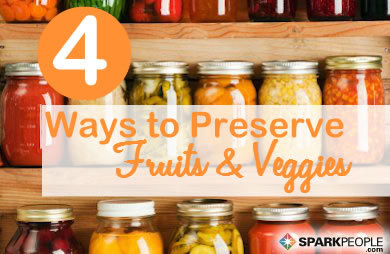|
We all know that if you’re trying to eat a healthy diet, you don’t eat most fast food items on a regular basis. It’s okay to enjoy those foods now and then, but all of the extra fat and calories aren’t so good for your health- or your waistline. But a new study says the food isn’t the only thing you have to worry about. The wrapper on your cheeseburger or even the bag for your microwave popcorn could also be bad for your health. The study, published in the journal Environmental Health Perspectives, exposed rats to chemicals called perfluoroalkyls, which are used in coating food wrappers. These chemicals repel oil and help keep grease from seeping through the paper. An earlier study by the same researchers found that the wrappers are a source of perfluoroalkyls found in human blood. This new study compared the concentrations found in rats to the results of the previous study to estimate human exposure. Previous research on these types of chemicals (specifically, PFOA, a type of perfluoroalkyl) has found that they can stay in the body for an extended period of time. They "have been associated with changes in sex hormones and cholesterol, according to the U.S. Agency for Toxic Substances." The researchers concluded that the metabolism of these chemicals found in food wrappers could be a major source of human exposure to PFOA, as well as other chemicals like it. Humans are naturally exposed to these chemicals through food and dust. But because of how long they can stay in the body (years) and how the body metabolizes them, the researchers recommend limiting exposure as much as possible when you can control it. I think it’s easy to get paranoid about your food from studies like this. We are naturally going to be exposed to lots of chemicals every day- whether it’s in the food we eat or the air we breathe. But I also think it’s good to be aware and limit your exposure when you do have the choice. For example, I drink from a BPA-free water bottle, and try to buy organic produce when I know it really matters. Personally, I like to know if packaging could be affecting the food I’m about to eat. Then I can decide if it’s worth the risk or not. What do you think? Do you pay much attention to studies like this? Why or why not? |
More From SparkPeople
|


.jpg)

.png)










